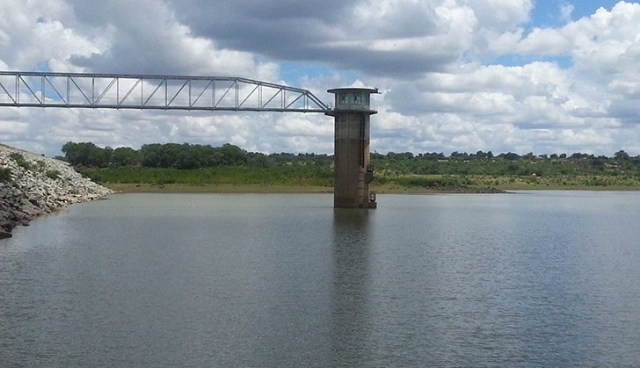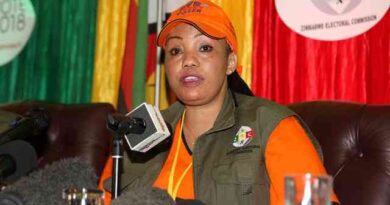Khami Dam water certified clean — BCC
TESTS conducted on the decommissioned Khami Dam have concluded that the water is clean and could be used as an alternative source for the city that has been battling with water shortages, the Bulawayo City Council has said.
The development comes as part of the local authority’s continued efforts to finding alternative potable water sources to solve its perennial water challenges.
Amid the confirmation of the water’s cleanliness, the local authority acknowledged that there has been resistance over its use from the residents noting the need to address their (residents) attitude about the water’s safety.
According to the latest council report, the local authority has since confirmed that water from Khami Dam is safe after tests were done. That has prompted a renewed call by councillors for the immediate use of the water as a short-term measure to solve the city’s water crisis.
“The Director of Water and Sanitation (Engineer Sikhumbuzo Ncube) further highlighted that tests proved that Khami water was clean and could be used as an alternative source of water for the city.
“The Town Clerk (Mr Christopher Dube) also advised that the city had identified raw water sources, but council had no resources to tap into them. He encouraged the committee to promote the possible use of recycled water, citing examples of countries that recycled water over and over again for appropriate uses. He expressed concern about residents’ attitudes towards Khami Dam,” reads the report.
The Joint Portfolio Committee on Local Government, Public Works, National Housing and the Thematic Committee on Sustainable Development Goals gave the local authority till the end of the year to consider the use of water from Khami Dam as an alternative.
This was after it was established that the dam, although polluted from wastewater contamination, bears a significant potential for addressing the water challenge through instituting technology for reclaiming the wastewater for domestic consumption.
The use of water from Khami Dam that was decommissioned in 1988 due to heavy pollution from industrial and sewage waste has, over the years, been subject to controversy with residents constantly rejecting its use, arguing that the water is heavily polluted, hence not safe for domestic consumption.
In recent years, however, following a severe water crisis, BCC has been exploring using the dam as a mid-term solution, conducting feasibility studies that showed the water could be treated to meet drinking standards, though residents’ opposition continued. The plans were also shelved due to high costs.
Khami Dam was built in 1928 and its water is 100 percent stagnant leading to the formation of algae that gives the water a green colour.
The idea to recycle Khami water was first mooted in 1996 by the then city engineer, George Mlilo but was continuously rejected by the city’s residents.
Meanwhile, the local authority has revealed that it is reviewing plans of possibly reducing water shedding to 96 hours a week from the current 130-hour schedule.
“The Director of Water and Sanitation highlighted that the department was conducting ongoing reviews with plans to potentially reduce water shedding to 96 hours, however, certain projects have to be completed first.
He emphasised the importance of maintaining the 130-hour shedding programme and ensuring the capacity to effectively pump water.
“He indicated that Umzingwane Dam currently holds a greater volume of water compared to previous years when it faced decommissioning. He indicated that utilising all pumps at Umzingwane could deplete the dam’s water supply,” reads the report.
Council is under pressure to provide adequate water to residents following dwindling water levels from the city’s six supply dams, Insiza, Mtshabezi, Umzingwane, Inyankuni, Lower and Upper Ncema which are all in Matabeleland South Province. Herald




